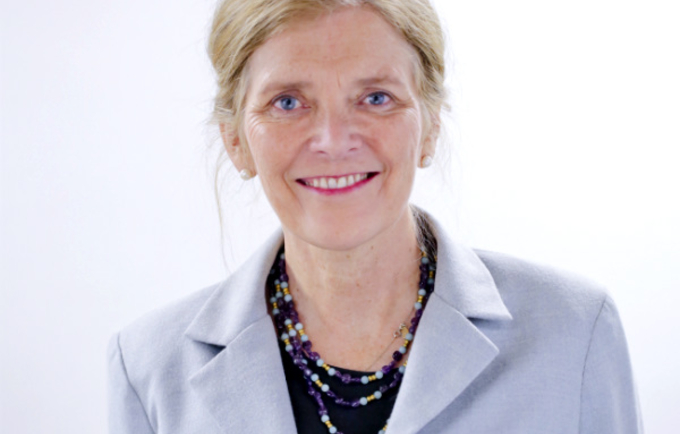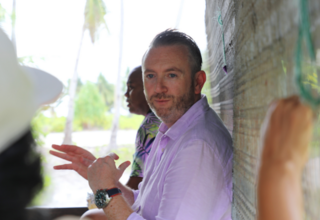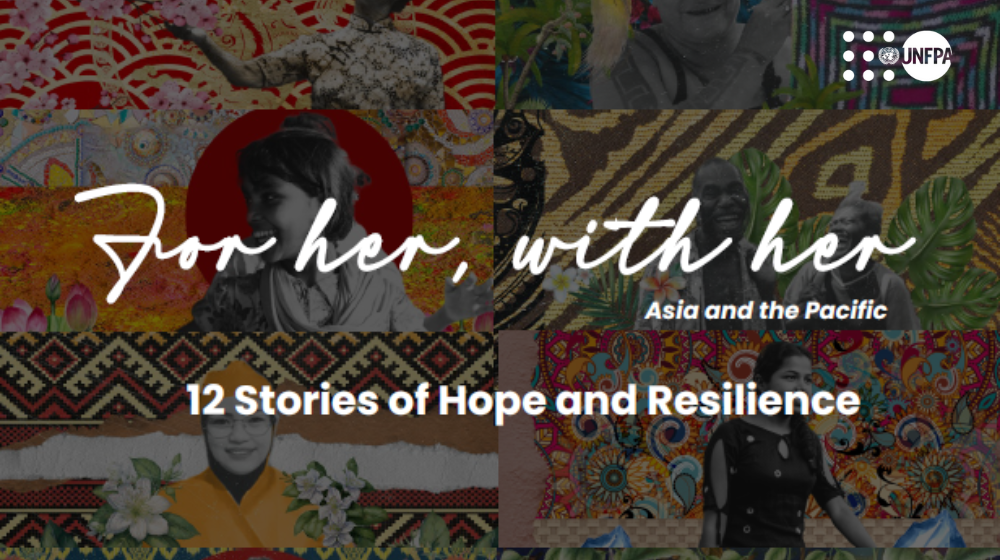Astrid Bant is the UNFPA Representative in Viet Nam.
Just a few weeks ago, Viet Nam hosted a major regional conference on the economic implications of ageing, organized by HelpAge International with the support of the United Nations Population Fund.
Officials from many countries, along with representatives of other UN agencies, civil society organizations and the media gathered in Hanoi to discuss how countries and societies could address the very real challenges as well as capitalize on the very real opportunities presented by the issue of ageing populations across Asia and the Pacific -- one of the most dramatic demographic transitions in history – drawing the attention of governments and policy-makers as never before.
Many governments are taking measures to reverse fertility decline by putting in place incentives to expand family size. While measures that allow women to balance their dual responsibilities and encourage men to play a greater role on the home front are welcome, it is quite unlikely that these incentives will lead to a return to replacement level fertility in the foreseeable future. We instead need to recognize and accept the inevitability of population ageing – as one of our speakers at the conference said, “Population ageing is here to stay.”
We do not wish to downplay the challenges. But as we heard very clearly from expert after expert at, let us dispel the clouds of “doom and gloom” – and instead strategically work towards truly equitable and inclusive societies, with prosperity across the entire life cycle.
First, we must recognize that there are diverse contexts in diverse countries when it comes to population ageing. One size does not fit all. Let’s understand each country’s particular situation and trends for what they truly are, underpinned by solid research and robust data feeding into sound and strategic policy to protect and empower the most vulnerable on one hand while leading to fiscal sustainability on the other.
Second, older persons are a benefit to society, not a cost or a burden. This requires a concerted effort to address discrimination and attitudes towards older persons that ultimately hurt society at large. We need to “change the narrative” around ageing and older persons. All stakeholders must be adequately prepared for the growing numbers of older persons in the decades ahead. We must strengthen national and local capacities, helping develop the political, economic and social reforms needed to adapt societies to an ageing world. This requires a life cycle approach – addressing the needs of all population groups and not just older persons in isolation.
Third, older persons are an important economic resource for development. Countries should facilitate employment opportunities, flexible retirement age, and skills development for older persons – enhanced and supported by advances in technology - as a means to ensure income and benefits for old age.
Fourth, generations can support each other in forging sustainable transitions in changing societies. These changes should not be crises to be managed, but opportunities to rethink what kind of society we want – where old and young alike can enjoy a life with opportunities and dignity. Both younger and older generations should be included in the development planning process, with their issues, needs and concerns mainstreamed in all national development policies.
Fifth, population ageing will mean an incredible transformation of societies. We need to be proactive and prepare well before by establishing proper health care and social protection systems, as well as providing skills development and employment opportunities for older persons. Also, when older persons have secure income or savings, a sizable ‘silver market’ may emerge as we have already seen in some countries that have already experienced significant ageing.
And, on a personal note, l would like to add a sixth point -- which is that the Hanoi conference has changed my perspective on my own ageing. At the end of the conference, l was truly able to face my own ageing in a more realistic, positive way. The many participants, including those who shared their own personal stories about ageing, changed my own narrative, and l am thankful for that.
Many countries were successful in meeting many of the Millennium Development Goals ahead of the 2015 deadline. Now, remaining challenges – including those related to older persons -- must be addressed under the 2030 Sustainable Development Agenda and its Goals whose central pledge is “to leave no one behind”.
UNFPA is committed to continuing our work, in close partnership with the Government of Viet Nam and all Member States, development and civil society partners, to promote the role of older persons in society and to seek ways to prepare countries for ageing populations. Let’s collectively transform the challenges into opportunities, and bring about practical and positive solutions for our region, for our countries, and for each and every one of us.




